Keith Little
I was raised in a nominally Christian household. It was Christian without Christ. My sister and I were taught to tell the truth, to treat others like we’d like to be treated, and to recycle. It was a great childhood and laid the foundation for my encounter with Christ. That encounter came in high school. A late night conversation around a campfire caused me to think, for the first time, about the deeper questions of life. And those questions led me to my childhood best friend Brent. Brent was an Evangelical Christian and even though we’d never talked about it before I recognized a peace in him that tugged at me. When I had those questions about what else was out there, who God was, and how I could know him personally I knew Brent would have the answers.
I soon learned how to give my life to Christ, and I did just that. I was transformed. I read my Bible, found an incredible church and youth group, and did my best to live a life reflecting Jesus in the tumult of high school. When I went away to University, I was blessed to find a vibrant student church to plug into and, after graduating, spent four months working alongside the pastor as an intern. It was there I encountered my first paradigm-shifting question: Where did the Bible come from? And by whose authority was it put together? And how did I know?
That question would percolate in the back of my mind as I began my teaching career, got married, and started a family. It never went away. Eventually, when the Evangelical church my wife and I were a part of began to question some of their beliefs statements, biblical truths we’d always taken for granted, that authority question resurfaced. Where did the Bible come from? Why did we think it was authoritative? And how could we solve disputes over how to understand it?
These questions led me to dig into the origins of the Bible itself. How did the church decide which books belonged? What did the church doing that deciding look like? And where did its authority come from? I discovered then that Christians, at the very beginning, had a very different paradigm than my own. I began to dig deeper. I learned about the Eucharist, the priesthood, the sacraments, and that the Christianity I’d been so deeply transformed by was merely scratching the surface – that the Church which decided on the Bible way back then, to my surprise, was still around today.

